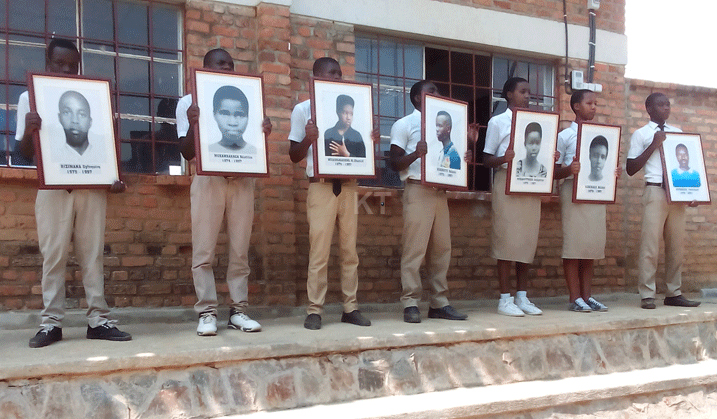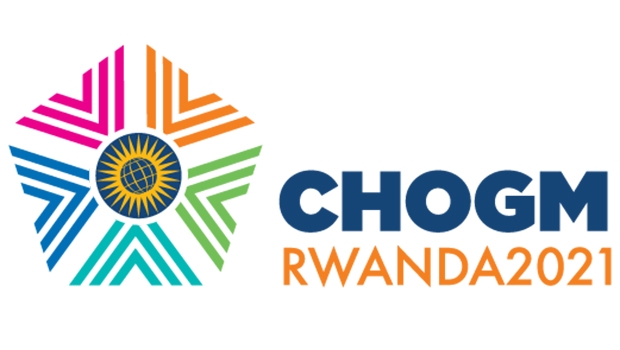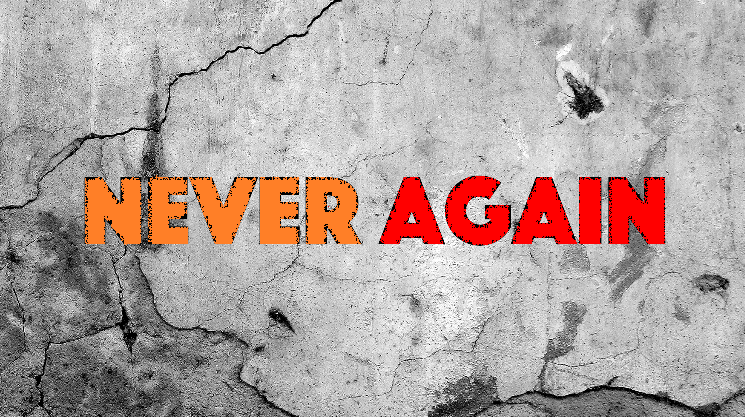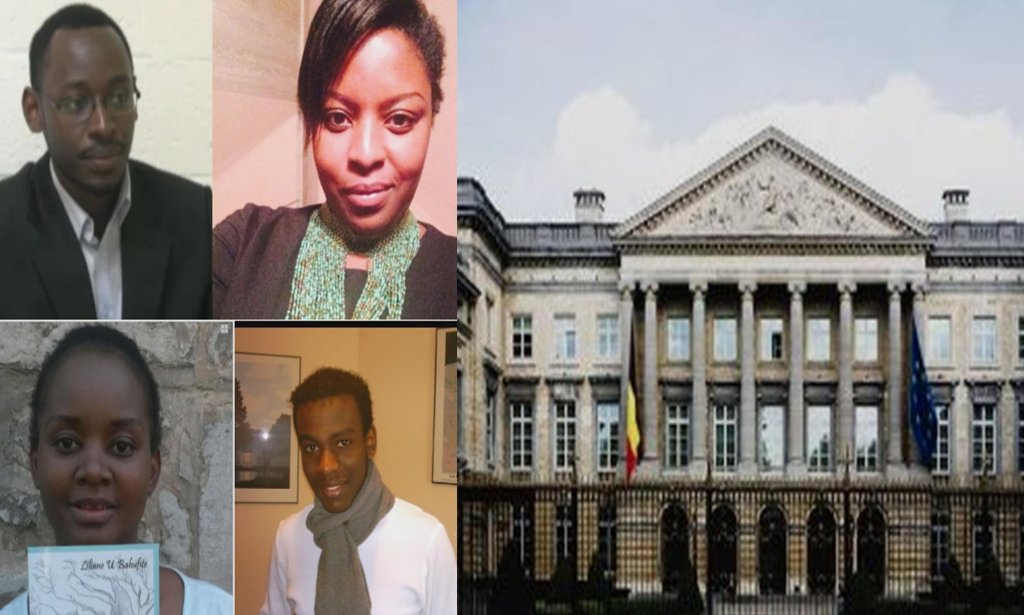Opinion
Celebrating Rwanda’s Young Heroes

The Nyange School attack victims have been honoured as national heroes
There are several memorable events in the annals of post-genocide Rwanda but one that took place twenty-seven years ago in Western Rwanda stands out as unique by all standards. One of them is the commemoration last week of the killing of Nyange students which happened 24 years ago, in March 1997.
Rwanda
had just emerged from a genocide which had claimed over one million Tutsi, but
the threat from the genocidal forces was far from over. After their defeat,
members of what used to be Rwanda government forces; Interahamwe militias who
had just committed genocide with their weaponry had crossed the border and set
up refugee camps in the former Zaire, close to the border with Rwanda.
With
the help of foreign countries, notably France, these negative forces did not
waste time. They immediately began re-organising, re-arming and planned to go
back to Rwanda to finish off the genocide. They changed their names from Forces
Armees Rwandaises (FAR) to the Army for the Liberation of Rwanda (|ALIR)
and started launching deadly incursions inside Rwanda, and killing several
local authorities and civilians, as well damaging infrastructure.
ALIR
is the precursor of today’s Democratic Forces for the Liberation of Rwanda
(FDLR) which has been terrorizing parts of Eastern DRC and is considered as an
international terrorist group by the UN. In a span of a short period, Rwanda
registered over two hundred such incidents, mainly in the western and
south-western parts of Rwanda, in former Cyangugu, Kibuye, prefectures.
The
Nyange School attack occurred on March 18, 1997 when a group of armed rebels of
ALIR stormed Nyange Secondary School, in former Kibuye Prefecture, in the early
hours of the night. Heavily armed thugs entered the classrooms where the
students who had just finished their evening meal, were doing their night study
shortly before going to bed. It was reported that the rebels entered the school
shooting indiscriminately. The totemic staff at the school, and students
cowered under the desks hoping to survive this attack.It
was at that moment that some two armed men entered one of the classrooms and
asked the students to separate along ethnic lines: the Tutsi on one side, and
the Hutu on the other. This was a mixed school. The students were in their late
teenage or early twenty years.
It
was common practice under previous Hutu regimes to register students along
their ethnicity which often resulted in the stigmatizing of the Tutsi. It is
the same ostracization and discrimination that led to the genocide in 1994. Much
to the annoyance of the militiamen, the students refused to follow the order.
They threatened to kill everyone, but Hutu students who were not targeted
decided to stand with their Tutsi classmates.
One
brave girl, Marie Chantal Mujawamahoro, defied the militiamen, stood in front
of everyone and told them: “we are all Rwandans”. At
that moment, the militiaman retorted: “you will learn who we are,” and shot her
on the spot. She died instantly. The other militiaman closed the door of the
classrooms and joined other rebels who started tossing grenades inside the
classroom. They also started firing through the windows. By the time they
stopped, at least six students laid dead in addition to Mujawamariya, and many
more were severely injured.
The
attackers withdrew when the forces of the then Rwandan Patriotic Army (RPA)
intervened. This act which occurred only three years after the genocide against
the Tutsi has been hailed as heroic given the entrenched ethnic divide that
successive Hutu regimes had cultivated amongst Rwandans.
Today,
those victims have been elevated to the category of National Heroes and are
remembered on February 1st of each year alongside King Charles
Mutara III Rudahigwa, and former Rwandan Prime Minister Agathe Uwilingiyimana
who was assassinated on April 7th, 1994 at the beginning of the
genocide.
We
all should salute the selfless actions of these young girls and boys who shunned
divisive politics and rather preferred to lose their own lives. This was a
great lesson of patriotism and sacrifice by the young Rwandans for the good of
the country that had been torn apart by ethnic discrimination. They stood to be
counted as Rwandans rather than Hutus or Tutsis regardless of the threat to end
their lives. They died for a noble cause.
The
youth who are the hope for the future of Rwanda should embrace the culture of
unity and patriotism as the Heroes of Nyange.
Some Rwanda youths in diaspora like those in Belgium under an
organization known as Jambo asbl, who are engaged in acts of genocide denial
and revisionism, are taking a wrong turn and without reforming, history will
judge them as villains. It’s not too late for them to borrow a leaf from the
heroes of Nyange, and work towards national cohesion and abstain from engaging
in activities which can take Rwanda back to its dark past.




